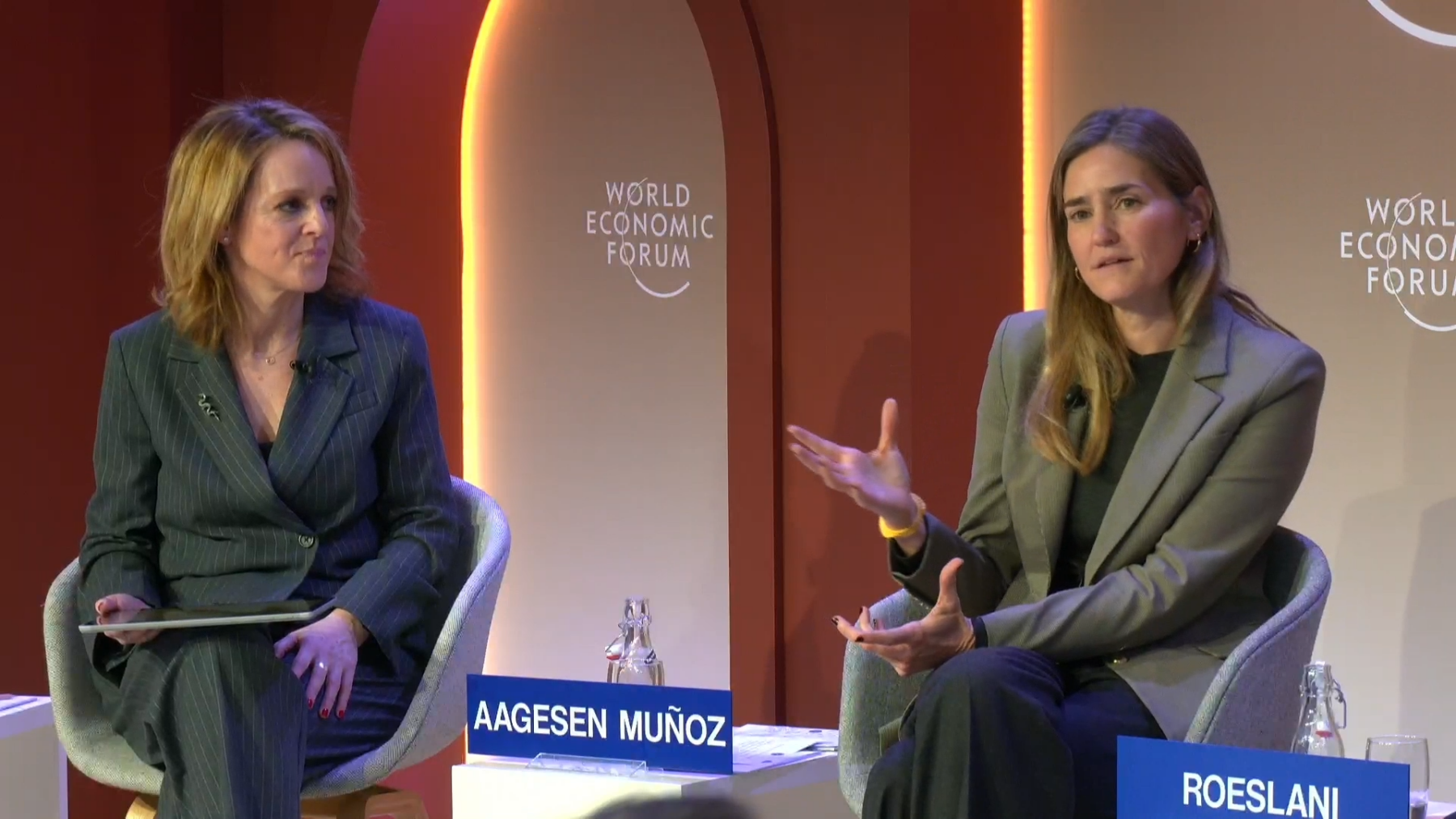Organized by the World Economic Forum, held in Davos, Sara Aagesen has explained the successful green model encouraged by Spain within the ‘essential’ role played by a rapid development of large-scale renewable energy infrastructure when it comes to maximizing the winning balance between sustainability, economic growth, energy security and social justice.
Sara Aagesen and Davos
Nasty Sara AagesenGovernment-driven planning, regulation and incentives activate public-private partnerships – including civil society – so that industrial clusters accelerate the development of this clean energy macro-infrastructure while serving as a testing ground for innovative projects.
Spain has an updated roadmap for 2030 (PNIEC)A Long-term decarbonization strategy for 2050 and, within the EU, a new financial framework for the next generation, in which it has been decided to mobilize a significant number of resources for energy transitionthat makes the transformation of the country’s economy.
By 2030, the pursuit of a clean and fair transition in our country will have achieved the balance between economic growth and competitiveness -doubling of GDP growth compared to a scenario without green policies-, with ambitious decarbonization and strategic security objectives: including a massive reduction (32%) of greenhouse gas emissions (55% compared to 2005) and improvement in energy autonomy (reduction of dependency to 50%, compared to 73% in 2019).
Likewise, an agenda has been set that takes into account its consequences. The update of National Integrated Energy and Climate Plan (PNIEC) It included a socio-economic impact analysis, which is highly appreciated by both society and the business community.
green hydrogen
Sara Aagesen has exemplarily highlighted the power of the strategic vision applied in the commitment to the development of renewable hydrogen.
Over the past five years, renewable hydrogen in Spain has grown from a mere research object to a central part of our country’s decarbonization strategy.s, with the launch of a renewable hydrogen valleys program – with an investment of 1,350 million euros – which has attracted significant interest from the private sector (1,555 million euros in the ‘Spanish Hydrogen Roadmap’ + 1,600 million euros, from the ‘Transformation and Resilience Recovery Plan’).
These renewable hydrogen clusters promote synergies between producers and industrial users. Likewise, they will enable large-scale production and consumption of green hydrogen, reduce costs and strengthen Spain’s leadership in renewable energy innovation..

